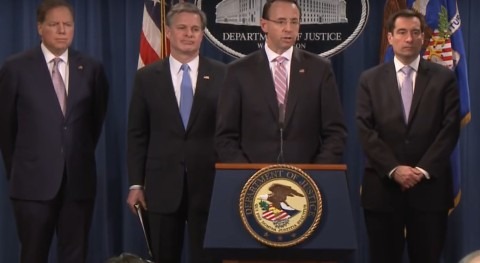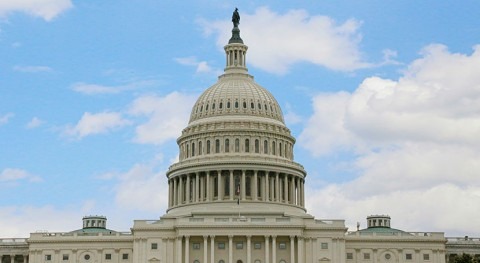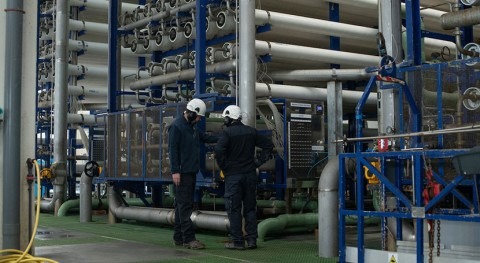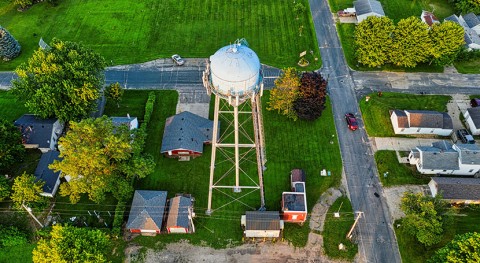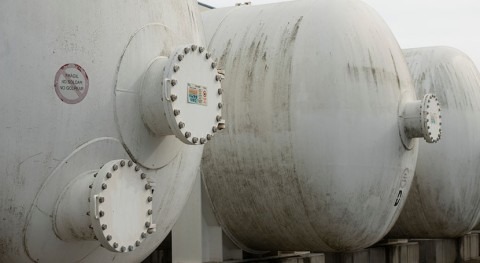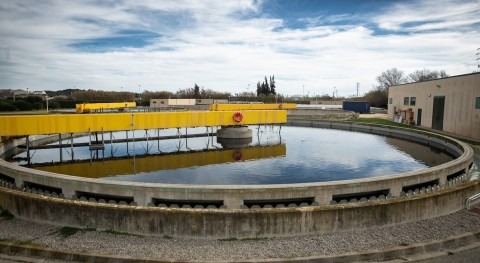Last week President Joe Biden announced a new plan to conserve critical ecosystems that serve as global carbon sinks at the COP26 UN Climate Change Conference in Glasgow, reports Bloomberg. For the purposes of the plan, critical ecosystem comprises terrestrial and coastal ecosystems including forests, mangroves, peatlands, wetlands, and grasslands that are biologically rich, essential to humanity, and serving as important carbon sinks.
The U.S. plans to lead by example at home and support other nations to conserve and restore ecosystems that act as carbon sinks, recognizing the important role they play in meeting climate goals.
Wetlands naturally absorb and store carbon. In fact, peatlands, mangroves, and seagrass meadows are the most effective carbon sinks on Earth. Although they cover about 3% of our planet’s land, peatlands store approximately 30% of all land-based carbon, that is, twice the amount than all the world’s forests combined. That carbon is released to the atmosphere when they are burned or destroyed.
Given continuing wetland loss and degradation across the world, the U.S. announcement is significant. The global extent of wetlands is estimated to have declined between 64-71% in the 20th century.
The U.S. Plan sets forth the U.S. approach to conserving critical global terrestrial carbon sinks, deploying a range of diplomatic, policy, and finance mechanisms. It will seek private sector support, build government capacity to manage forests, and inspire governments to set and achieve climate and conservation targets.
Known as the plan to conserve global forests, the plan makes a connection between ecosystem conservation and solving the climate crisis: “The plan comprehensively recognizes contributions from forests, rather than trees, and also recognizes the value of other ecosystems in storing carbon, including wetlands and grasslands,” said Carla Staver, ecology professor at Yale University.
The new plan comes after earlier initiatives focusing on forestry solutions for climate change, such as the Trillion Trees initiative. The Trillion Trees Act, a bill supported by 99 Republicans and three Democrats, promotes forest restoration as a strategy for climate mitigation, and also supports logging as a way to store carbon in tree product such as timber used to build homes.





